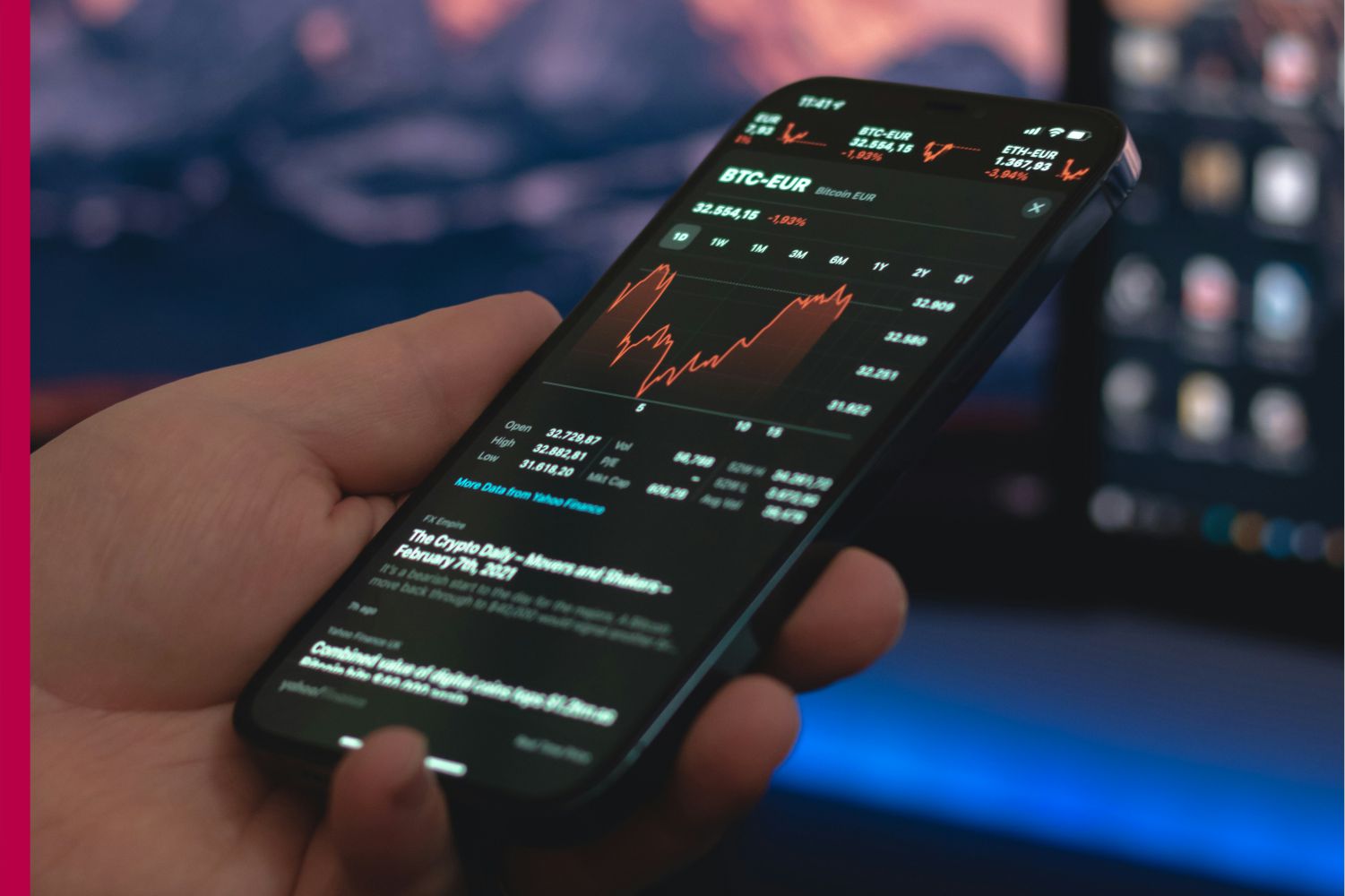The media and entertainment industry is one of the most dynamic and influential sectors in the world. From films and television to music, gaming, digital platforms, and live performances, it has the power to inspire, inform, and unite people across cultures and geographies. What once revolved around radio stations and movie theatres has now expanded into a global, digital-first ecosystem where content is accessible anytime, anywhere.
At its core, media and entertainment are about storytelling and connection. Whether it’s a blockbuster film, a trending song, or a viral video clip, the industry thrives on capturing human emotions and creating shared experiences. Beyond enjoyment, it also plays a critical role in shaping public opinion, influencing culture, and driving social change.
The Expansive Landscape of Media & Entertainment
- Film and Television: Traditional pillars of entertainment that continue to evolve with streaming services.
- Music: From vinyl records to Spotify playlists, the music industry thrives on creativity and constant reinvention.
- Publishing: Books, magazines, and digital publishing platforms keep stories, news, and ideas alive.
- Gaming: One of the fastest-growing sectors, combining technology with immersive entertainment.
- Sports and Live Events: Stadiums, concerts, festivals, and theatre productions bring people together in real time.
- Digital Media: Social media, podcasts, and online platforms create interactive and user-driven experiences.
Evolution Through Technology
Technology has always shaped how entertainment is created, distributed, and consumed. The 20th century gave us television, radio, and cinema, while the 21st century has been defined by digital disruption.
- Streaming Platforms: Services like Netflix, Disney+, and Amazon Prime revolutionized how we watch movies and shows, replacing physical rentals and cable subscriptions with on-demand content.
- Music Streaming: Platforms like Spotify and Apple Music made music more accessible than ever, shifting the industry from album sales to subscription-based models.
- Gaming Advancements: Consoles, mobile games, and cloud gaming now offer experiences once unimaginable, blurring the line between reality and fantasy.
- Social Media: TikTok, Instagram, and YouTube turned everyday individuals into creators and influencers, democratizing media production.
- AI and Virtual Reality (VR): Artificial intelligence is enabling personalized content recommendations, while VR and AR offer immersive entertainment experiences.
Technology has not just expanded accessibility but also empowered audiences to become active participants, shaping what gets popular through views, likes, and shares.
The Cultural Impact of Media & Entertainment
Entertainment is not only about fun—it’s a powerful cultural driver. Films, music, and media often reflect societal values, raise awareness, and even inspire social change.
- Representation: Increasingly, media is highlighting diverse voices, ensuring that people from different backgrounds see themselves represented on screen and in stories.
- Influence on Trends: Fashion, language, and even politics are shaped by entertainment icons and media exposure.
- Global Exchange: Korean dramas, Bollywood films, and Latin music have found global audiences, breaking cultural boundaries and promoting cross-cultural appreciation.
- Awareness Campaigns: Documentaries and socially conscious films bring attention to critical issues like climate change, inequality, and human rights.

Economic Powerhouse
The media and entertainment industry is not just culturally important—it’s an economic giant. Globally, it generates trillions of dollars annually and employs millions of people across production, distribution, marketing, and support services.
- Box Office Revenues: Despite the rise of streaming, blockbuster films continue to generate significant revenue.
- Music Tours and Festivals: Live events remain a major income stream for artists and communities.
- Gaming Industry: Video games now outpace both the film and music industries combined in terms of revenue.
- Advertising: Media platforms are sustained by advertising, making them critical for businesses across industries.
Challenges in Media & Entertainment
- Piracy: Illegal downloads and streams continue to impact revenue, especially for smaller creators.
- Content Saturation: With so much media available, breaking through the noise has become increasingly difficult.
- Changing Business Models: Shifting from ownership (DVDs, CDs) to access (subscriptions, downloads) requires constant adaptation.
- Censorship and Regulation: Balancing freedom of expression with cultural sensitivities and regulations is an ongoing struggle.
- Mental Health Concerns: Social media-driven entertainment can contribute to unrealistic expectations and online toxicity.
- Global Disruptions: Events like the COVID-19 pandemic forced cancellations of live events, exposing vulnerabilities in certain segments.
The Rise of User-Generated Content
One of the most striking shifts in recent years is the rise of user-generated content. Platforms like YouTube, TikTok, and Twitch have blurred the line between professional and amateur entertainment. Creators with no studio backing can now reach millions, build communities, and even monetize their work through ads, sponsorships, and merchandise.
This democratization has made the industry more inclusive, giving voice to fresh perspectives and niche interests. However, it also creates competition for traditional players, pushing them to evolve faster.
The Future of Media & Entertainment
- Immersive Experiences: Virtual and augmented reality entertainment, from concerts in the metaverse to VR gaming.
- Artificial Intelligence: AI-generated scripts, music, and visuals will transform creative production.
- Interactive Storytelling: Audiences influencing the outcome of shows, games, and stories in real-time.
- Sustainability: Environmentally friendly production practices will become more important as audiences demand ethical entertainment.
- Globalization of Content: Boundaries will continue to dissolve, with global hits coming from every corner of the world.
- Hybrid Events: Live concerts, festivals, and theater will increasingly include virtual participation for global audiences.
The Human Connection
Despite digital disruption, the foundation of media and entertainment will always be human connection. Stories resonate because they reflect shared emotions—joy, sadness, hope, and curiosity. Songs inspire because they speak to personal experiences. Sports thrill because they unite people behind a common passion.
Technology may change formats and distribution, but the need for connection, creativity, and cultural expression will never fade. That is why the media and entertainment industry continues to thrive across generations.
Conclusion
Media and entertainment are more than industries—they are a reflection of humanity’s creativity and a bridge that connects people across cultures. From traditional art forms to cutting-edge virtual reality, the sector continues to adapt, innovate, and inspire. It drives economies, shapes societies, and gives people an outlet for both expression and escape.
As the world moves forward, one thing is clear: the power of media and entertainment lies not only in its ability to amuse but in its capacity to influence, educate, and unite. Whether on a big screen, a smartphone, or a stage, it will always have the same mission—to tell stories that matter and to create experiences that leave a lasting impact.












